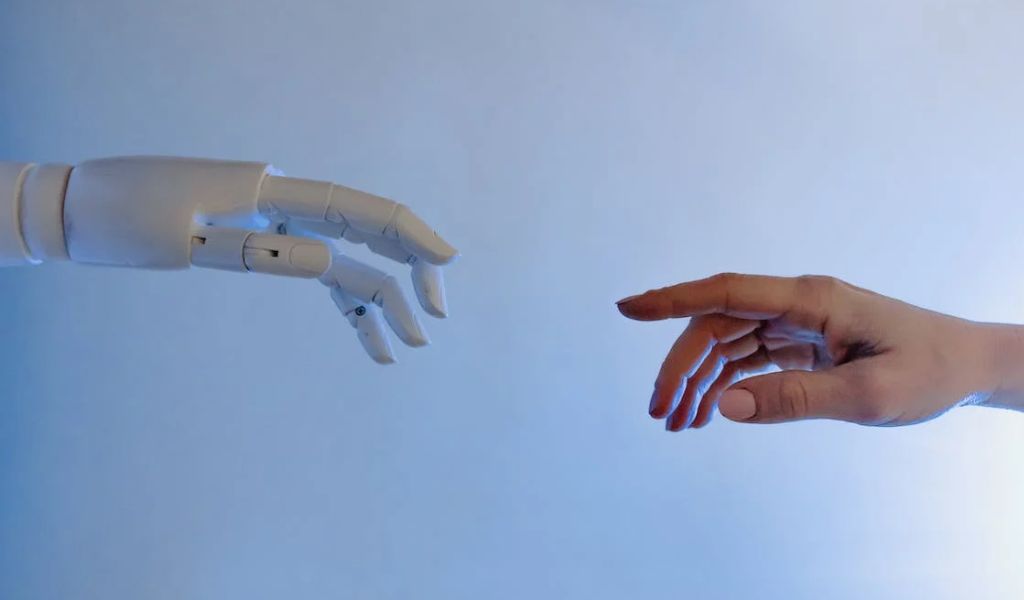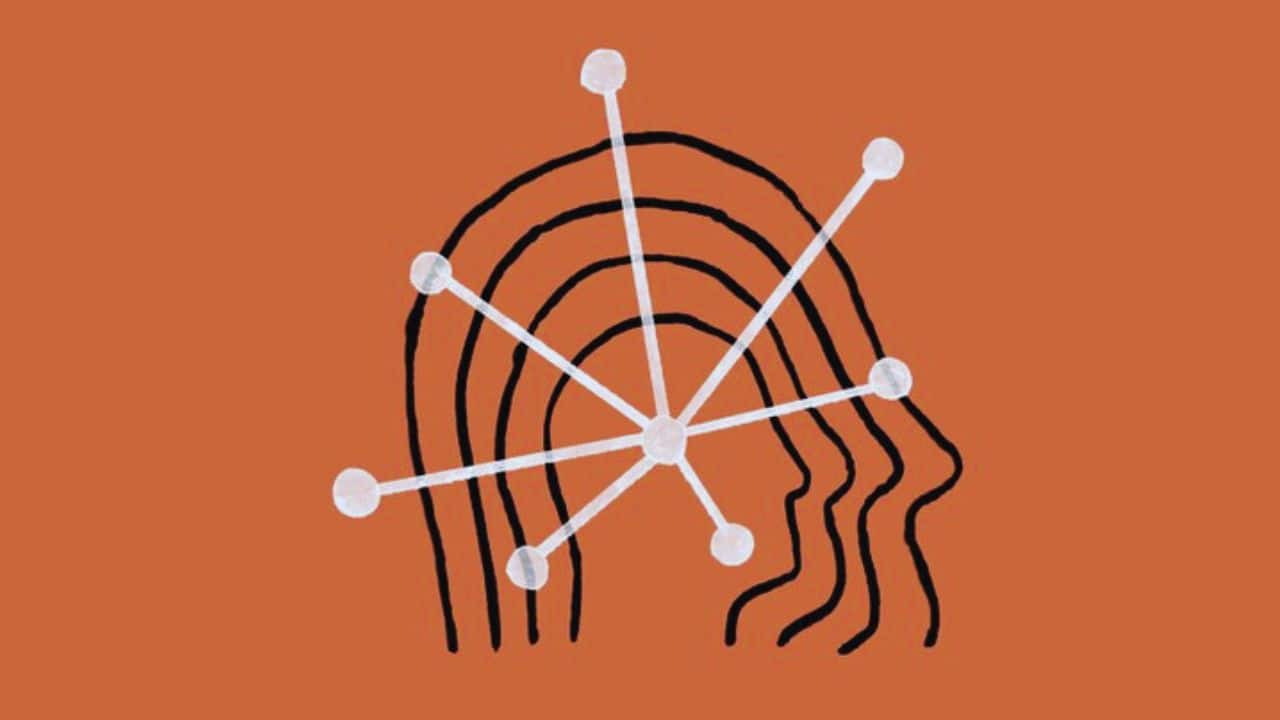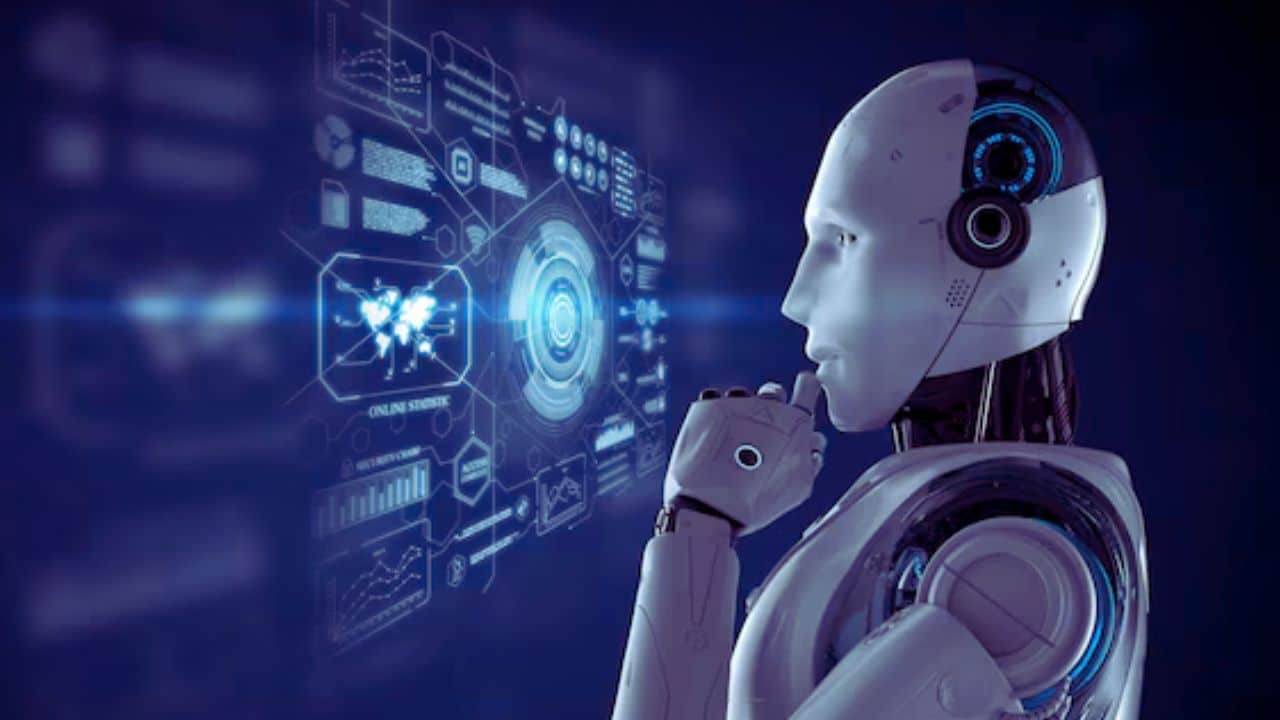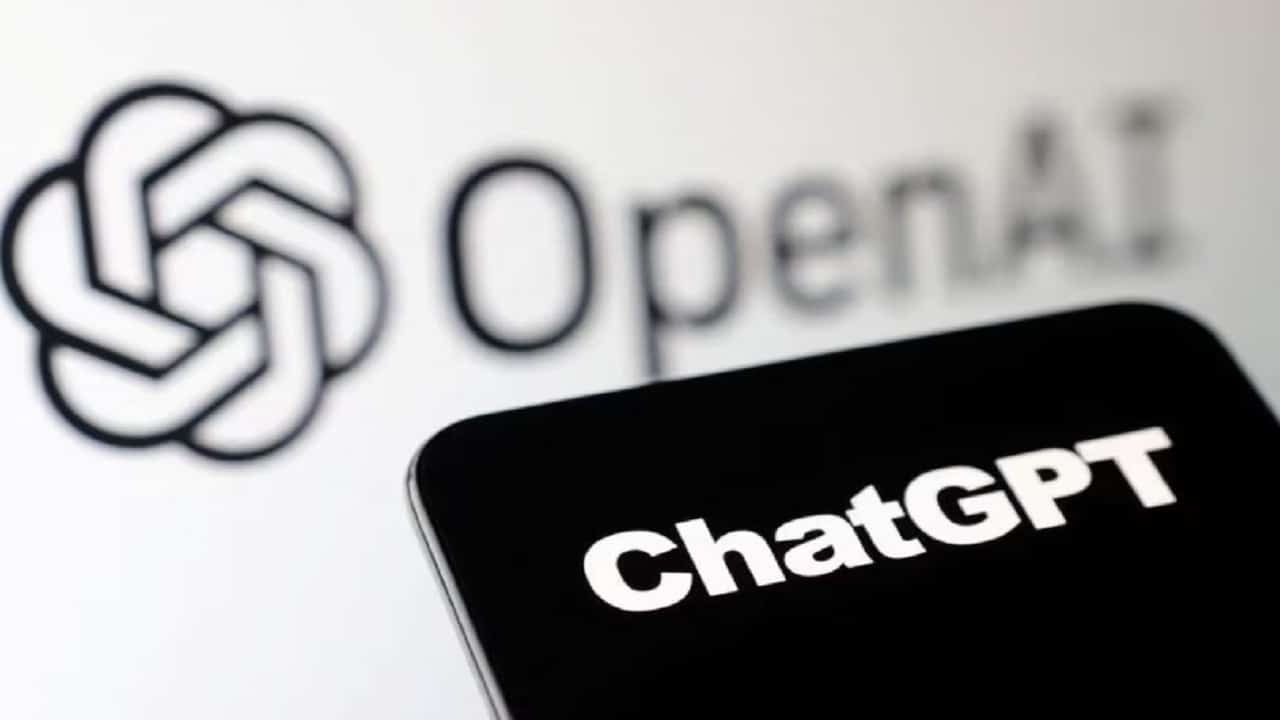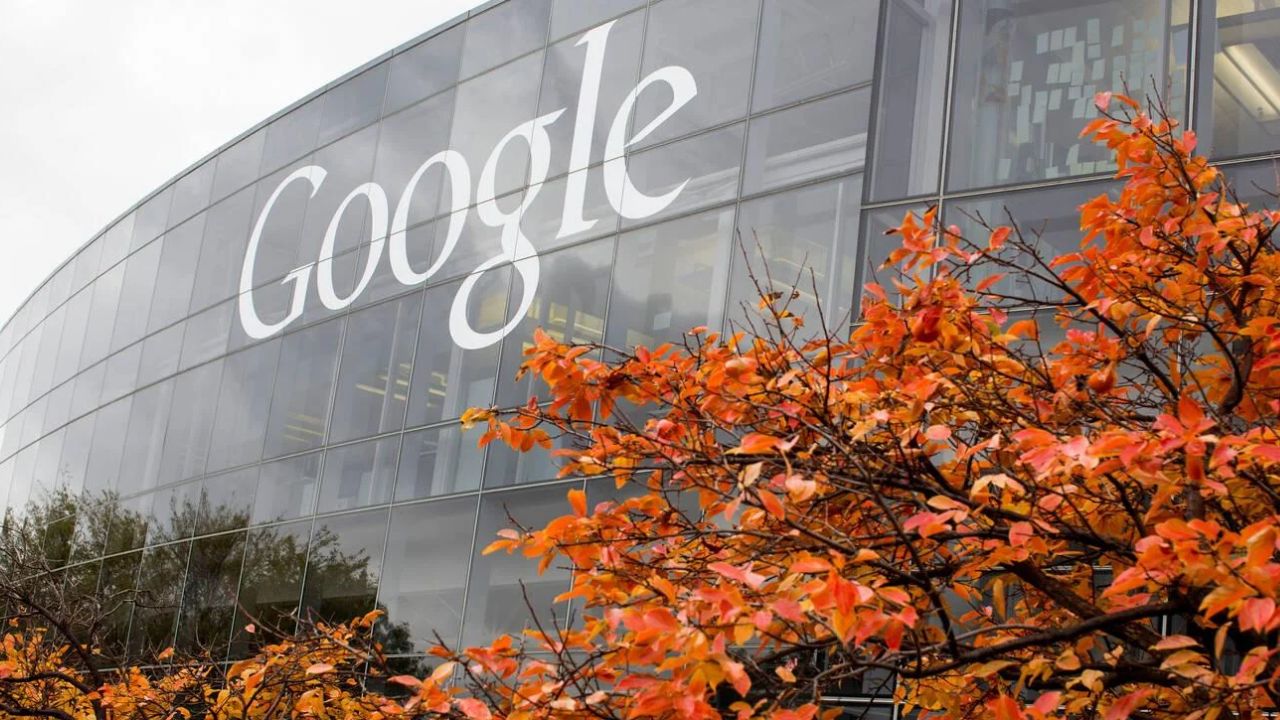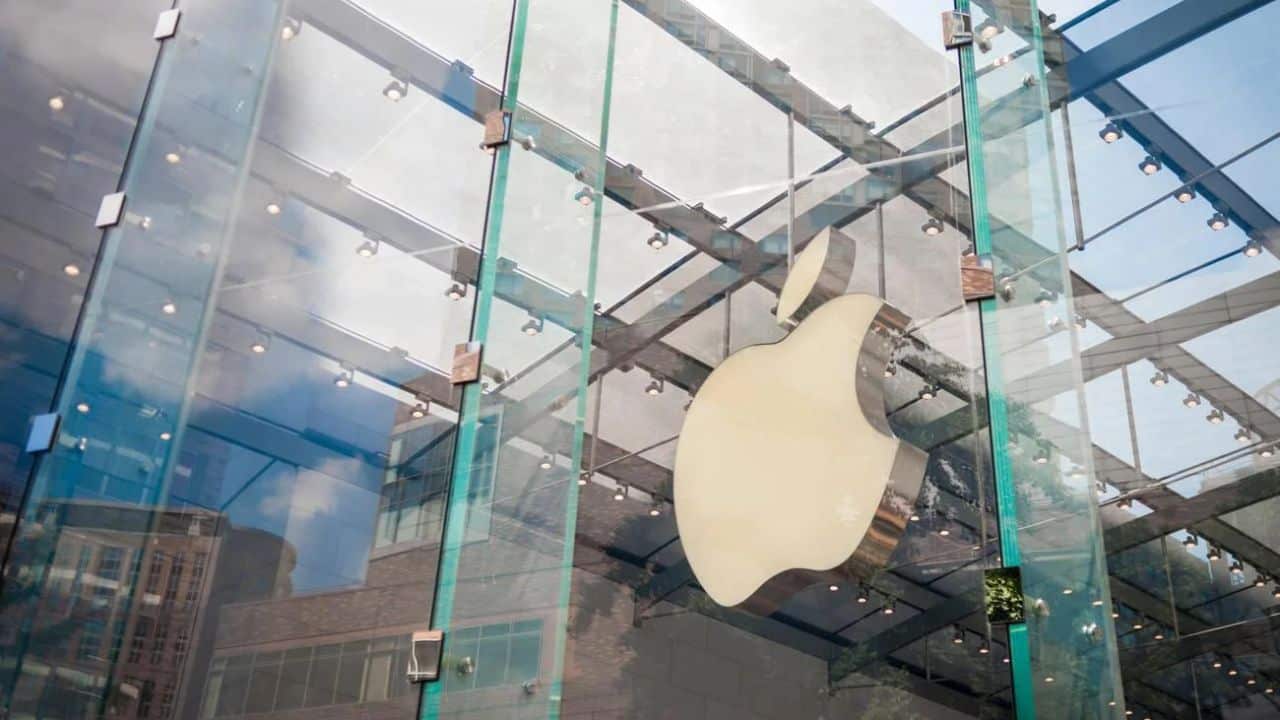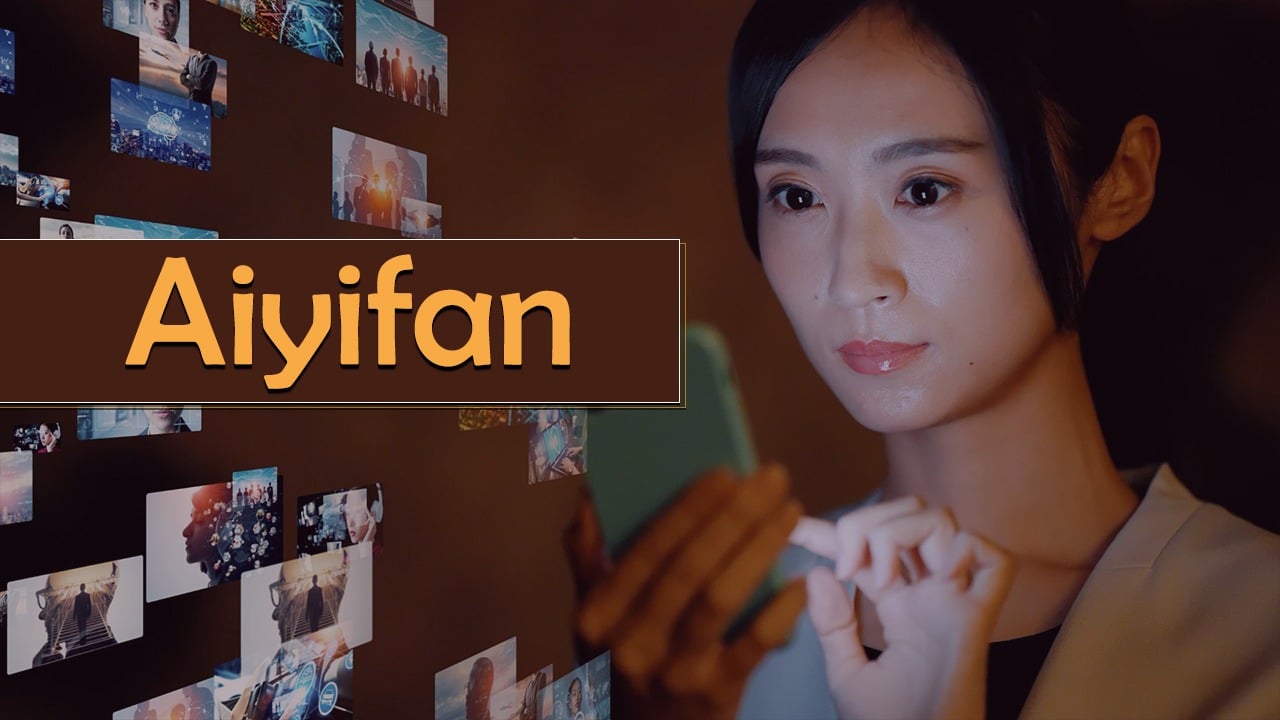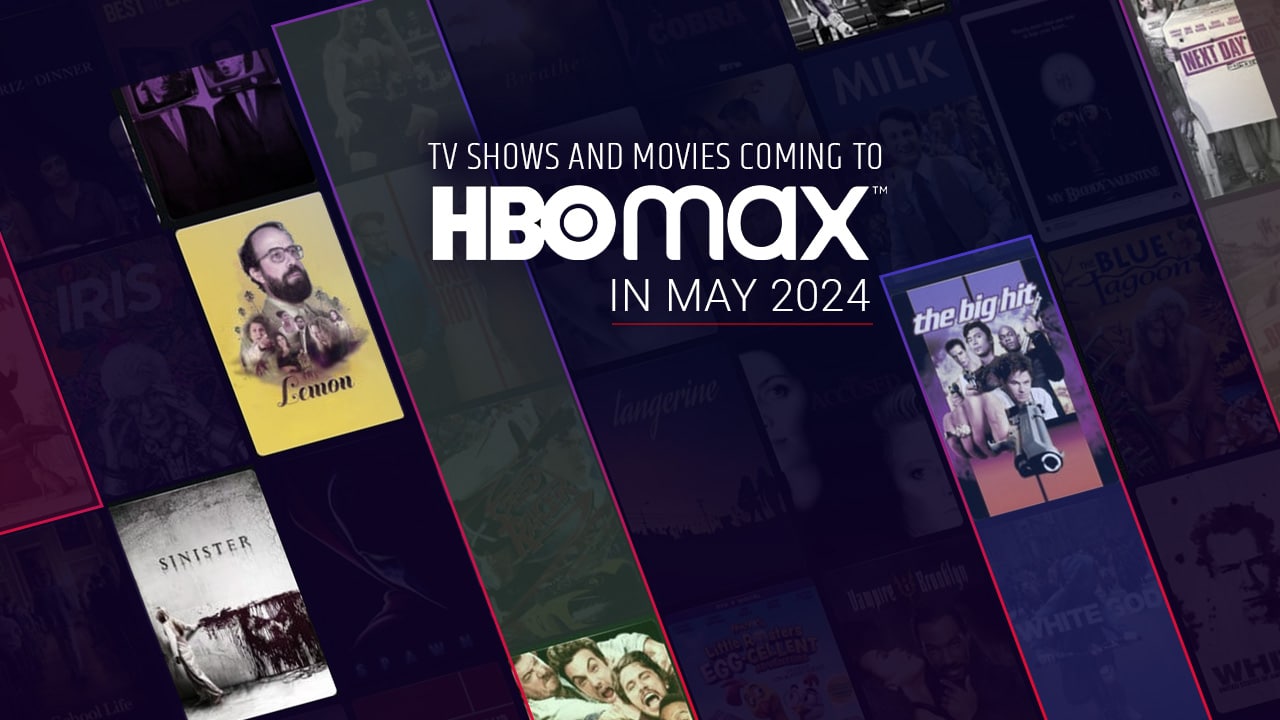With the ubiquity of AI-driven chatbots, actual human interaction may become even more rare. Loneliness in the United States, which increased during the isolation of COVID, continues to be a public health “crisis”.
Why it matters: Over time, scientists are concerned that AI may further isolate humans from the connections and interactions they require. However, short-term solutions to the loneliness crisis are already being developed, including AI-powered pets, companions, and mental health support services.
The Big Picture: In the United States, there are insufficient therapists, counselors, and care providers to support every lonely individual, whereas AI-based services can be scaled to underserved regions and provided 24/7.
- Three out of every four Americans say they feel lonely, and Gallup says that 44 million are feeling “significant loneliness.”
- Vivek Murthy, the U.S. Surgeon General, says that the results can be the same as smoking up to 15 cigarettes a day.
Yes, but some experts in mental health worry that the risks of AI tools that offer health services without being approved by regulators outweigh the possible benefits.
Advocates highlight a number of areas where AI can lessen loneliness as a good.
- Virtual therapists can help people who have trouble getting in-person therapy in their mother language or who don’t want to open up to a person.
- AI conversations could help the 77 percent of Americans who want to stay in their own houses as they age. AI friends can do more than just chat. They can also help you if you fall.
- AI support that is available 24 hours a day, 7 days a week can help people who are already getting clinical help, such as through chats based on their current patient notes.
- Rural areas could also gain, since three out of four counties don’t have enough money to improve access to mental health services.
AI pets are already a booming business.
- Since the 1990s, when Tamagotchis were popular, they have gotten better. Now, they can have more lifelike personalities and physical features, like fur and tails that wag.
- Living pets are known to help their owners feel less lonely and anxious, and proponents of AI pets say they do the same for people who can’t handle the costs and responsibilities of having a real pet alive.
- Think about people with dementia who can’t feed or walk their pets on time, or city dwellers who live in places that don’t allow dogs.
- Tom Stevens, CEO of Tombot, a company that makes robot dogs for people to play with, says that his products are an option to psychotropic drugs that “turn seniors into zombies.”
China has shown how AI can be used to help people who are lonely.
- Microsoft’s chatbot with a China-specific focus, Xiaoice, has amassed a user base of 660 million since 2019.
- In order for people to perceive “her” as a friend, Xiaoice was educated to gain EQ skills before IQ skills. Microsoft acknowledges that “the distinction between fact and fiction might be hazy at times. She receives presents and romantic notes.
These are some other companies in the same field:
- Elliq is marketed as a subscription-based service for good aging. It combines small talk, news, messages, and help with logistics.
- Replika, an AI friend created in the U.S., sells itself as a personalized AI friend.
- Replika tried to ban adult content after some users pushed their AI relationships in an erotic way. However, customers whose accounts were created before the rule change were recently allowed to keep playing erotic roles.
Reality check: Taking care of mental health is a matter of life and death.
- More than 10,000 applications, according to the American Psychiatric Association, claim to offer mental health services, but only a small number have official recognition from governments or professional organizations.
- At least one suicide has been linked to AI technologies that were taught on the public internet or made available without restrictions.
Racial and generational divides further complicate matters, with younger generations more likely to seek out counseling for mental health issues and older generations more likely to turn to medication. More people in white neighborhoods use mental health treatments.
- In a world where people are spending less time talking to each other in person, young people may see AI as a way to improve their social skills.
- Some underage users asked the My AI chatbot to be their virtual boyfriend or lover when Snapchat launched the ChatGPT-powered service to users’ friends lists earlier this year.
What’s next: Keep an eye out for startups that will harvest our emotions from data using machine learning and behavioral psychology.
According to Dr. Nirit Pisano, chief psychological officer of Cognovi Labs, improving AI’s ability to grasp how we tend to think and behave in particular emotional states opens the way to systems that may guide us toward helpful behaviors or emergency services, provide round-the-clock assistance, and improve our self-awareness.
However, a public already on edge about ad-driven digital spying and skewed AI algorithms would be reluctant to give state-of-mind information to commercial chatbots.
The bottom line: We’ll learn sooner or later if AI is a blessing or a curse the quicker it is implemented as a temporary solution for mental health.


